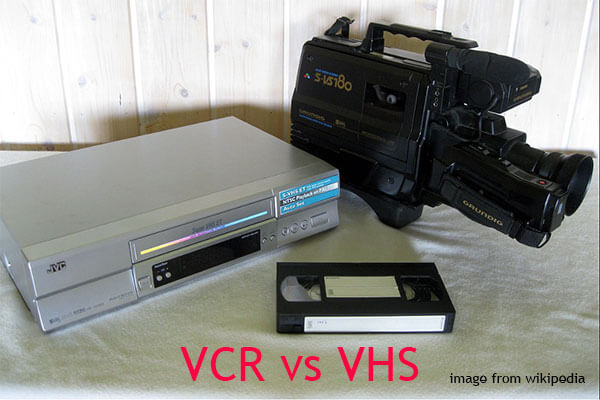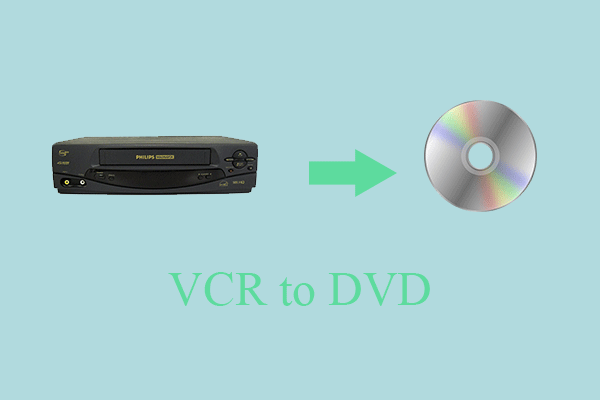What exactly is a VCR file, and how can you open and work with it? In this article provided by MiniTool video recording program, we'll demystify VCR files and guide you on how to access their contents.
In the world of digital technology, you’ve likely encountered a variety of file formats used for different purposes. One lesser-known file format that might have piqued your curiosity is the VCR file.
Understanding VCR Files
1. What is a VCR File?
A VCR file is not a commonly used or standardized file format. Instead, it often refers to a proprietary video recording format associated with specific applications or devices. VCR files are typically used to store recorded video content, similar to how VHS tapes were used in traditional VCR (Video Cassette Recorder) systems.
2. Proprietary Nature of VCR Files
VCR files are often associated with particular software or hardware, and their format can vary significantly between different systems. This proprietary nature can make them challenging to work with, as they may not be easily compatible with standard media players or editing software.
3. Common Variants of VCR Files
Some well-known examples of VCR file formats include files generated by legacy video capture cards, specific screen recording software, or even old video game console emulators. These files can have extensions like .vcr, .vcrd, or others, depending on the application or system that created them.
Opening and Working with VCR Files
Opening and working with VCR files can be a bit tricky due to their proprietary nature. Here are some steps to consider if you have a VCR file you want to access.
1. Identify the Source
First, determine the source of the VCR file. Try to recall which software or device created it. Knowing the source can help you find the appropriate solution to open or convert the file.
2. Use the Original Software
If you have access to the original software or hardware that created the VCR file, try using that application to open it. In some cases, this might be the only way to view or edit the content.
3. Convert to a Standard Format
If opening the VCR file with the original software is not an option, consider converting it to a more widely supported video format, such as MP4, AVI, or MOV. Various video converter tools are available that can help you with this task.
4. Seek Help from Online Communities
If you’re dealing with a less common VCR file format, you can seek assistance from online forums or communities dedicated to video editing, emulation, or software-specific support. Other users may have encountered similar files and can offer guidance.
5. Explore Specialized Software
Some specialized media players or software applications are designed to handle less common or proprietary file formats. Explore the possibility of using such software to open your VCR files.
6. Backup and Preserve
Before attempting any conversion or manipulation of the VCR file, consider making a backup copy. This ensures that you don’t lose the original data in case something goes wrong during the process. You can rely on reliable file backup software like MiniTool ShadowMaker to do that. Download the free trial >>
Conclusion
VCR files may seem mysterious due to their proprietary nature, but with the right approach, you can access their contents. Identifying the source, using original software, or converting to standard formats are some of the strategies you can employ to work with VCR files effectively. Keep in mind that the key to success often lies in understanding the specific software or hardware system associated with the file and seeking support or guidance from relevant communities when needed.
Also Read




User Comments :